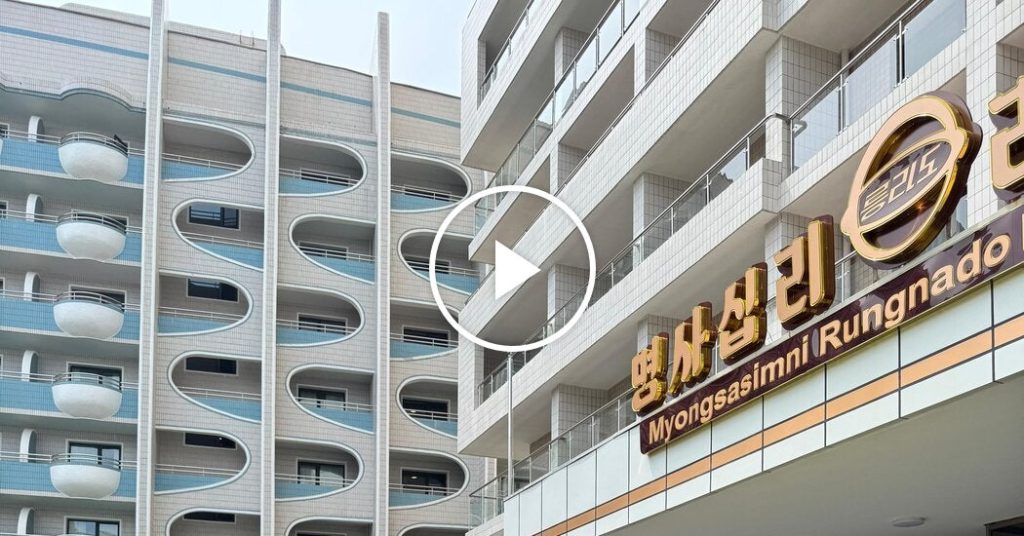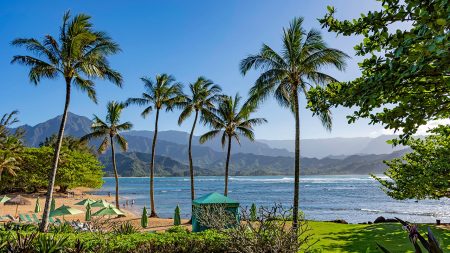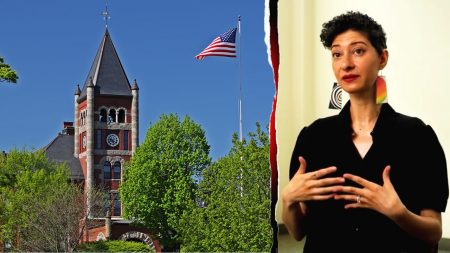Inside North Korea’s Ambitious Wonsan Kalma Beach Resort: A Rare Glimpse
Foreign Tourists Get First Access to Kim Jong-un’s Prized Coastal Development
In a remarkable window into one of North Korea’s most ambitious tourism projects, new footage has emerged showcasing the Wonsan Kalma beach resort, a centerpiece of leader Kim Jong-un’s economic modernization strategy. The unprecedented access, provided through videos shot by Russian tourist Daria Zubkova, offers a candid look at how the secretive nation is attempting to balance international tourism with its strict information controls.
Located on North Korea’s eastern coastline, the sprawling Wonsan Kalma resort represents more than just luxury accommodations—it embodies the regime’s calculated gamble to revitalize its struggling economy through controlled foreign engagement. As one of the first international visitors permitted to stay at the resort, Zubkova’s documentation provides valuable insights into this carefully orchestrated tourism experiment that few outsiders have witnessed firsthand.
A Controlled Paradise: The Tourist Experience at Wonsan Kalma
“It mostly felt like any beach vacation I’ve taken before,” Zubkova reported about her week-long stay, for which she paid approximately $1,400. Her journey began with a 10-hour train ride from Pyongyang to the resort area, which was once a military training ground before its transformation into a tourist destination. The resort now features a series of hotels lining the pristine Kalma beach, creating an isolated enclave of relative luxury.
While guests were granted some freedom within the resort boundaries, Zubkova noted the experience came with distinct North Korean characteristics. Two dedicated tour guides accompanied the Russian group throughout their stay, and a surprisingly large medical team staffed the facilities. Perhaps most telling were the technological limitations: despite promises of internet access, visitors were warned their communications would be monitored by hotel staff. Television viewing was similarly restricted to only Russian, Chinese, and North Korean programming—a reminder of the regime’s tight control over outside information.
Strategic Tourism in an Isolated Economy
The Wonsan Kalma resort development represents a critical component of Kim Jong-un’s economic vision for North Korea. Facing crippling international sanctions and chronic economic challenges, the country has increasingly looked to tourism as a potential source of foreign currency that might operate within the limitations of international restrictions. The resort’s development has been personally championed by Kim, who has visited the construction site multiple times since work began.
Tourism experts note that North Korea faces a delicate balancing act with projects like Wonsan Kalma. While the country desperately needs foreign currency and investment, allowing increased numbers of international visitors raises complicated questions about cultural influence and information control. The resort appears designed to address these concerns by creating a contained environment where tourists can enjoy amenities while having limited interaction with ordinary North Koreans. This approach allows the regime to showcase selected aspects of the country while maintaining strict supervision over foreign visitors.
The Russian Connection: First Guests Reveal Resort Realities
The selection of Russian tourists as the first international visitors to Wonsan Kalma is particularly significant given the strengthening ties between Moscow and Pyongyang. As North Korea has grown increasingly isolated from much of the international community, Russia has emerged as one of its few diplomatic and economic partners. The tourism initiative appears aligned with recent agreements between the two nations to increase cooperation across multiple sectors.
Zubkova’s group experienced a carefully managed introduction to North Korean tourism. While allowed certain freedoms within the resort confines, their interactions with local citizens were noticeably restricted. This controlled engagement reflects North Korea’s cautious approach to tourism development—allowing enough openness to attract visitors while preventing meaningful cultural exchange that might challenge the government’s narrative. Despite these limitations, Zubkova described the facilities as impressive, suggesting North Korea has invested significantly in creating an environment that would appeal to international standards.
Challenges and Uncertainties in North Korea’s Tourism Gambit
Just days after the Russian group departed, North Korean authorities announced a temporary suspension of all foreign tourism without explanation—highlighting the unpredictable nature of the country’s engagement with the outside world. This sudden policy shift reflects the complex challenges North Korea faces in its tourism development strategy, from pandemic concerns to political considerations and resource limitations.
The Wonsan Kalma project itself has faced numerous obstacles since its inception. Construction delays, resource shortages, and international sanctions have all complicated its development. Initial plans called for the resort’s opening as early as 2019, but various setbacks pushed the timeline back repeatedly. The recent hosting of Russian tourists marks a significant milestone after years of anticipation, though questions remain about the resort’s long-term viability and whether it can attract visitors beyond those from friendly nations like Russia and China.
The Future of North Korean Tourism: Balancing Openness and Control
As North Korea cautiously experiments with controlled tourism initiatives like Wonsan Kalma, international observers remain skeptical about the broader implications for the country’s engagement with the world. Tourism development represents just one aspect of Kim Jong-un’s economic modernization agenda, which has struggled to gain momentum amid continuing sanctions and the country’s self-imposed isolation during the COVID-19 pandemic.
The Wonsan Kalma resort stands as a physical manifestation of North Korea’s complex relationship with globalization—a luxury destination built to international standards, yet operating within the strict confines of the world’s most closed society. For visitors like Zubkova, the experience offers a fascinating glimpse into a nation that few outsiders ever see, albeit through a carefully filtered lens. As North Korea navigates its uncertain economic future, projects like Wonsan Kalma may signal whether the country is truly willing to open its doors wider to the outside world, or if such controlled tourism experiments merely represent a superficial engagement designed primarily to generate revenue while maintaining the regime’s tight grip on power.
The beach resort’s success—or failure—could prove telling for North Korea’s broader economic aspirations under Kim Jong-un, whose leadership has been characterized by the difficult balance between economic development and maintaining the political system established by his predecessors. For now, the pristine beaches of Wonsan Kalma remain a curious anomaly—a slice of apparent normalcy in one of the world’s most abnormal states.











